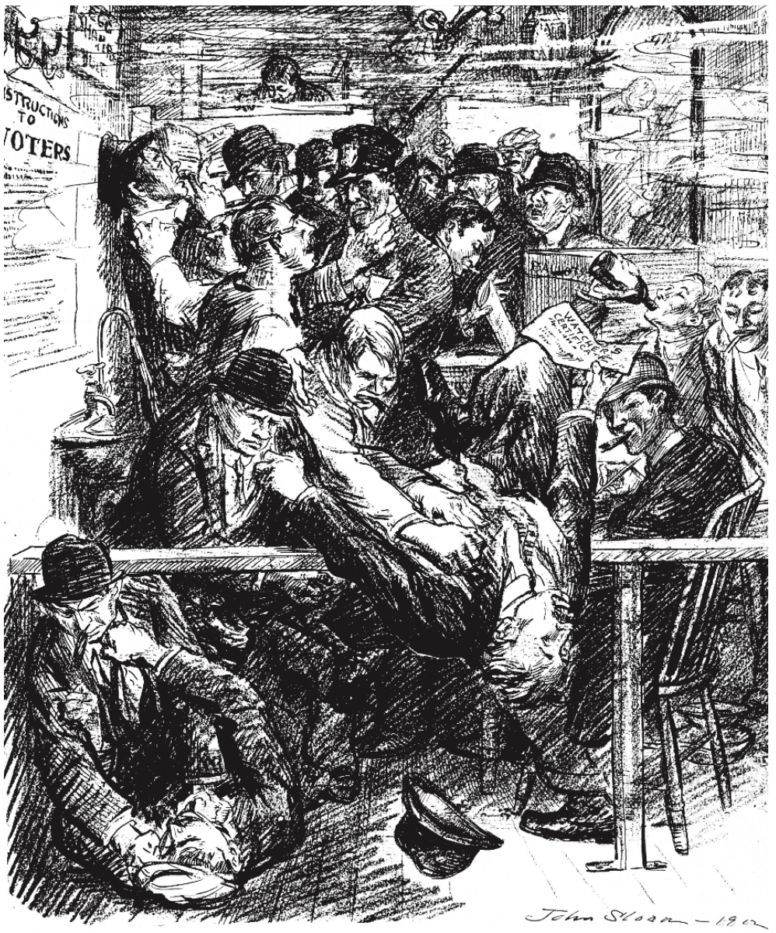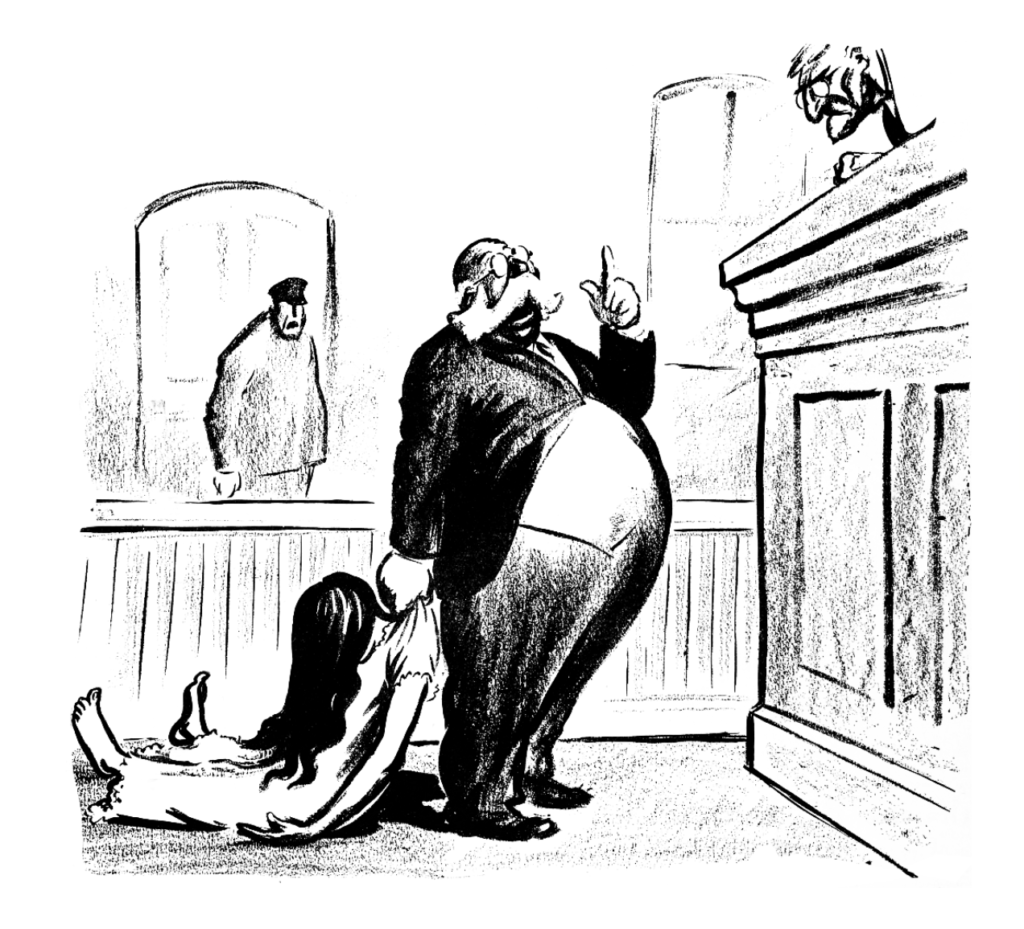

“The pandemic is over,” Joe Biden declared in September on 60 Minutes, in a farcical reprise of George W. Bush’s 2003 “Mission Accomplished” photo op. The long-running T.V. program was an ideally irrelevant venue for such an irrelevant statement, in a moment that encapsulates the broader aura of irrelevance that has surrounded the Biden presidency.
At least until the August passage of the Inflation Reduction Act (IRA), it looked as though Biden’s hard-won first (and possibly only) term would amount to little more than a temporary and mostly symbolic reprieve from the cascading wave of Trumpism. His administration changed the rhetoric around Covid, but little about the actual response; it treated the overturning of Roe v. Wade as an inevitability; it waited and hoped for the January 6 hearings to spur the country to clasp hands in unity. Nevertheless, thanks to Joe Manchin’s last-minute about-face, “historians of Mr. Biden’s first term will have to admit that a surprising amount got done,” predicted The New York Times in August.
Whether by a stroke of luck or abruptly-regained Master of the Senate skills, the winds of the Biden presidency seemed to have shifted. The already written-off midterms, theretofore heralded as a “bloodbath,” per The Washington Post (“‘It’s Time to Head for the Lifeboats’: Democratic Fatalism Intensifies,” read an April Times headline) were suddenly up for grabs. Biden’s approval ratings were up, and a mid-September poll showed that “the share of Americans who believe the country is on the right track” had doubled from two months earlier.
Had so much really changed? No one thinks the IRA will prevent climate catastrophe. The administration trumpeted its student debt forgiveness program to millennial voters, before quietly restricting who will be eligible. Biden’s 60 Minutes appearance came at the end of a month in which the average number of American deaths from Covid was upwards of 400 per day, and there is still no plan. In the absence of one, we have slid (or free-fallen) into the grayest of gray areas. We are beyond the point of a coordinated response. We are even farther beyond a shared understanding of what’s happening. And we have barreled straight past any juncture where we might have soberly assessed the events of the past two years — the losses, the surreal traumas, the collective derangement.
We were told that there would be no bright line that would mark an end to this era. Instead, Covid would become an endemic disease that we would learn
to live with. If learning to live with it means a quiet retraction of even the meager offerings that were dispensed by the federal government, then perhaps that’s what we’re doing. Back to business as usual: Covid tests are no longer free, any paltry workplace and housing protections have been steadily rolled back, and actual financial support and social services now look like an early-pandemic fever dream.
More than learning to live with Covid, we are learning to live without even the illusion of competent governance, or public messaging that transcends horse-race psychologizing. The pandemic is worth taking seriously until the correct party is in power. Abortion access isn’t going to mobilize the populace, until the populace of Kansas mobilizes, and suddenly the midterms aren’t a foregone conclusion anymore. (At least until the prediction machine reverses course once again.) On so many urgent issues, the guardrails are off, and no one knows which way the track is trending. As we head into an enormous question mark of a winter, seemingly all we can do is load booster upon booster and hope for the best.
This issue, we’re not declaring anything over. Our writers profess no clairvoyant capabilities. Instead of predicting the future, many of our pieces look to the past, and how it continues to recur — informing, transmuting, and haunting the present.
We interviewed the artist Barbara Kruger, who has revisited some of her abortion protest art from the 1980s in a new show. S.C. Cornell, meanwhile, looks to the imagery that’s fueled the other side of the abortion debate, asking what the left can learn from the effectiveness of anti-abortion propaganda. Colton Valentine acquaints us with the queer archive, introducing a trove of literature that is too often ignored in favor of triumphalist narratives. Through a history of coffee beans, Malcolm Harris traces the record of the bygone ideal of “ethical consumption under capitalism.” Tarpley Hitt recaps Hunter Biden’s many (many) scandals, and the media and Democratic Party’s myopic reactions. Recalling a group of classic movies, Hanson O’Haver surveys the recent crop of debut novels by their directors. And looking back at how Annie Ernaux transformed her real experience, chronicled in the newly translated journals Getting Lost, into the novel Simple Passion, Noor Qasim dissects how the millennial sex novel treats heterosexual abjection — a theme we’ve pursued in our fiction selection as well.
Vivian Hu’s short story pushes the limits of abjection, while Bobuq Sayed’s travels deftly between romp and social critique. Ayla Zuraw-Friedland’s tragicomedy spans misbehavior by drunk squirrels and drunk people alike. You’ll also find an excerpt from Percival Everett’s sparkling novel Dr. No, forthcoming from Graywolf, and four elegant stories from Garielle Lutz. Our robust poetry selection touches down in SoHo lofts, Freud’s clinic, the island of Aulis, the jugular vein, and, finally, “The North, which faces north.”
For our Dispatches section, we asked organizers, journalists, and scholars to tell us about the IRA’s environmental provisions, as well as the state of climate activism around the world. Finally, this issue’s batch of Mentions offers short reviews of everything from Pentecostal pastor-prophets to “a three-hour buddy flick about toppling empire.”
When it comes to whatever’s next, our guess is as good as yours. We can promise you one thing: pandemic or no pandemic, The Drift will be here, thinking it all through.



